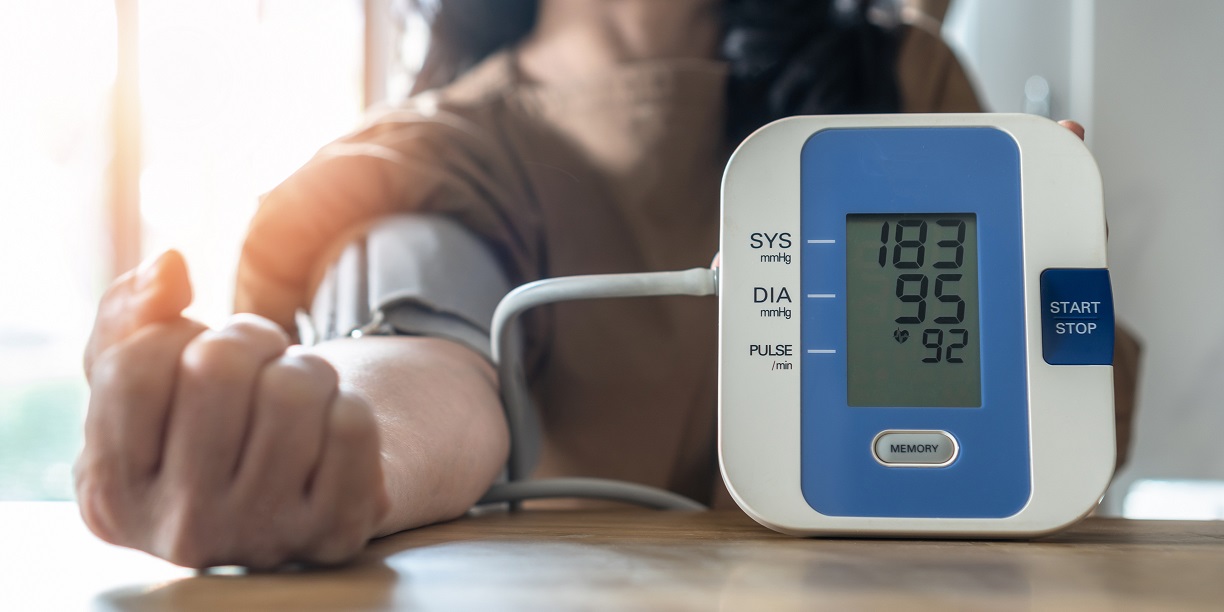
High Blood Pressure and Oral Health
What does it mean to have high blood pressure?
Blood pressure consists of two measurements. Systolic blood pressure is how much force blood exerts against your arteries while your heart beats. Diastolic blood pressure is how much force your blood exerts against your arteries while your heart rests. Because your arteries are narrow, too much force can damage them, which can cause complications such as stroke or heart disease.
If you’ve been diagnosed with high blood pressure, you should follow your doctor’s dietary and exercise recommendations and avoid smoking. And if you have diabetes, you should be especially mindful of your sugar consumption and insulin levels, as diabetes can increase your risk of developing high blood pressure.
What does high blood pressure have to do with oral health?
People treated for high blood pressure are more likely to benefit from their hypertension medication if they also have good oral health. Researchers found that people with healthy gums respond better to their medication than those already diagnosed with gum disease. In fact, those with gum disease were 20% less likely to achieve healthy blood pressure range.
Although the research is in its early stages, doctors and researchers note that these findings support a potential connection between inflammatory conditions of the mouth and heart.
Can my dentist help me?
Absolutely! Because the human body is so interconnected, your dentist may be one of the first people to recognize that something is wrong with your health. Bad breath, mouth sores, and bleeding gums may be signs of a more serious condition. While these developments don’t necessarily equal high blood pressure, they could be symptoms of other problems.
If you notice something seems wrong, ask your dentist for help. Make sure you also visit your dentist for regular checkups, and brush and floss every day.
How do I prevent high blood pressure?
- Don’t Smoke. Tobacco use causes your blood vessels to narrow, forcing the heart to pump faster, which leads to high blood pressure.
- Watch Your Weight. You’re more likely to develop high blood pressure if you’re overweight or obese.
- Exercise. Sitting on the couch and being sedentary increases your risk of hypertension.
- Limit Salty and Fatty Foods. A diet high in salt or fat can contribute to high blood pressure.
